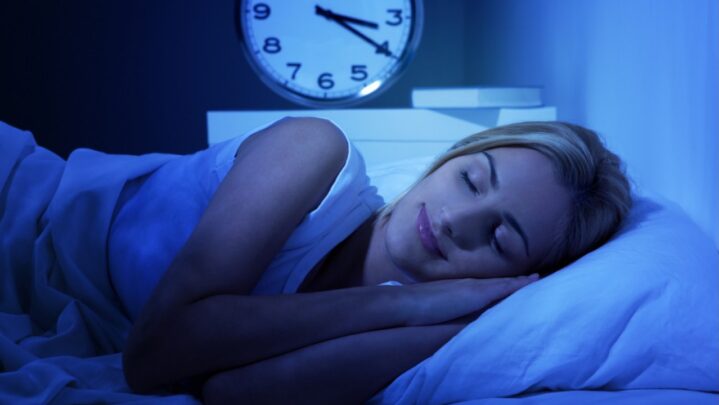Limit caffeine intake after 12 p.m.
Caffeine (from tea, coffee, and energy drinks) should be consumed no later than midday, and no more than two to three cups per day on average. If you’re very sensitive to caffeine, cut out even more. “Because caffeine can linger in your system for up to 12 hours, that 3 p.m. latte could be the reason you’re up at 1 a.m.”
Consume GABA-producing foods
Green, black, and oolong tea, milk kefir, ‘live’ yogurt, and tempeh is all-natural sources of GABA (a ‘calming’ neurotransmitter) that can help you sleep better. Lentils, walnuts, oats, almonds, salmon, berries, spinach, broccoli, potatoes, and cocoa are among foods that can help us increase our own production. To boost the health of your gut flora, make sure your meals include a variety of fiber and fermented foods.
Stay away from fast energy cures
Consuming a lot of high-energy foods and drinks, such as sugary snacks, junk food, and soft drinks, is another typical sleep saboteur. With this type of food and the accompanying desires, it’s easy to fall into a negative feedback loop. It’s natural to seek a quick ‘fix’ when we’re fatigued. These foods and drinks, on the other hand, can mask weariness, resulting in us getting less sleep and being more sleep deprived. To gain energy, we compensate by consuming more of these items, further interrupting sleep.
Consume three meals per day
If you skip meals, you’re more likely to grab a sweet snack. Include healthy grains, oats, quinoa, buckwheat, spelled, wild rice, or sourdough in these meals, as well as some form of protein, to keep you satisfied. If you need a snack in the afternoon, make a plan so you don’t eat whatever is on the counter. Try half an avocado with seeds sprinkled on top or a cheese-filled oatcake.
Also Read: How Can Less Sleep Affect Your Health?





